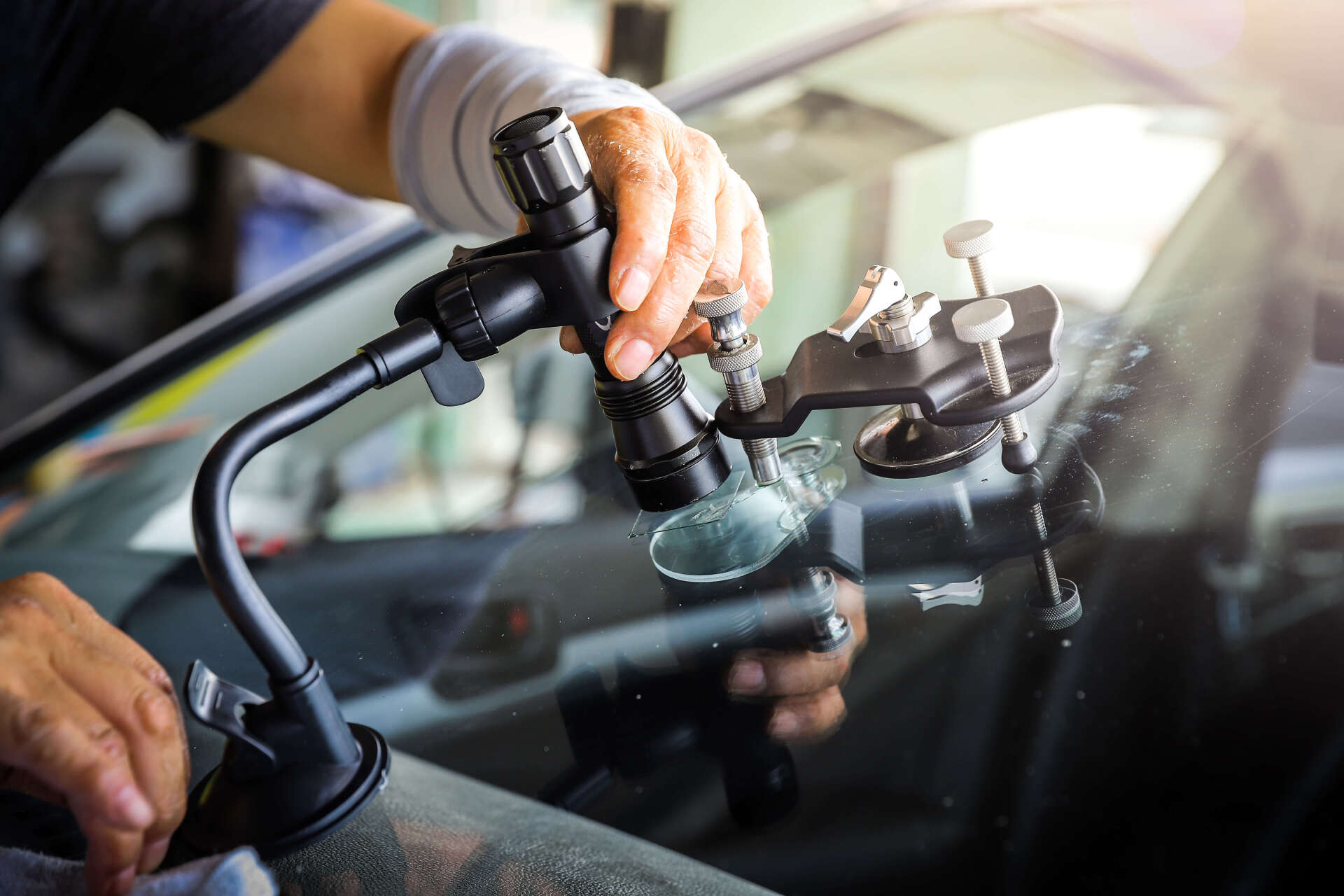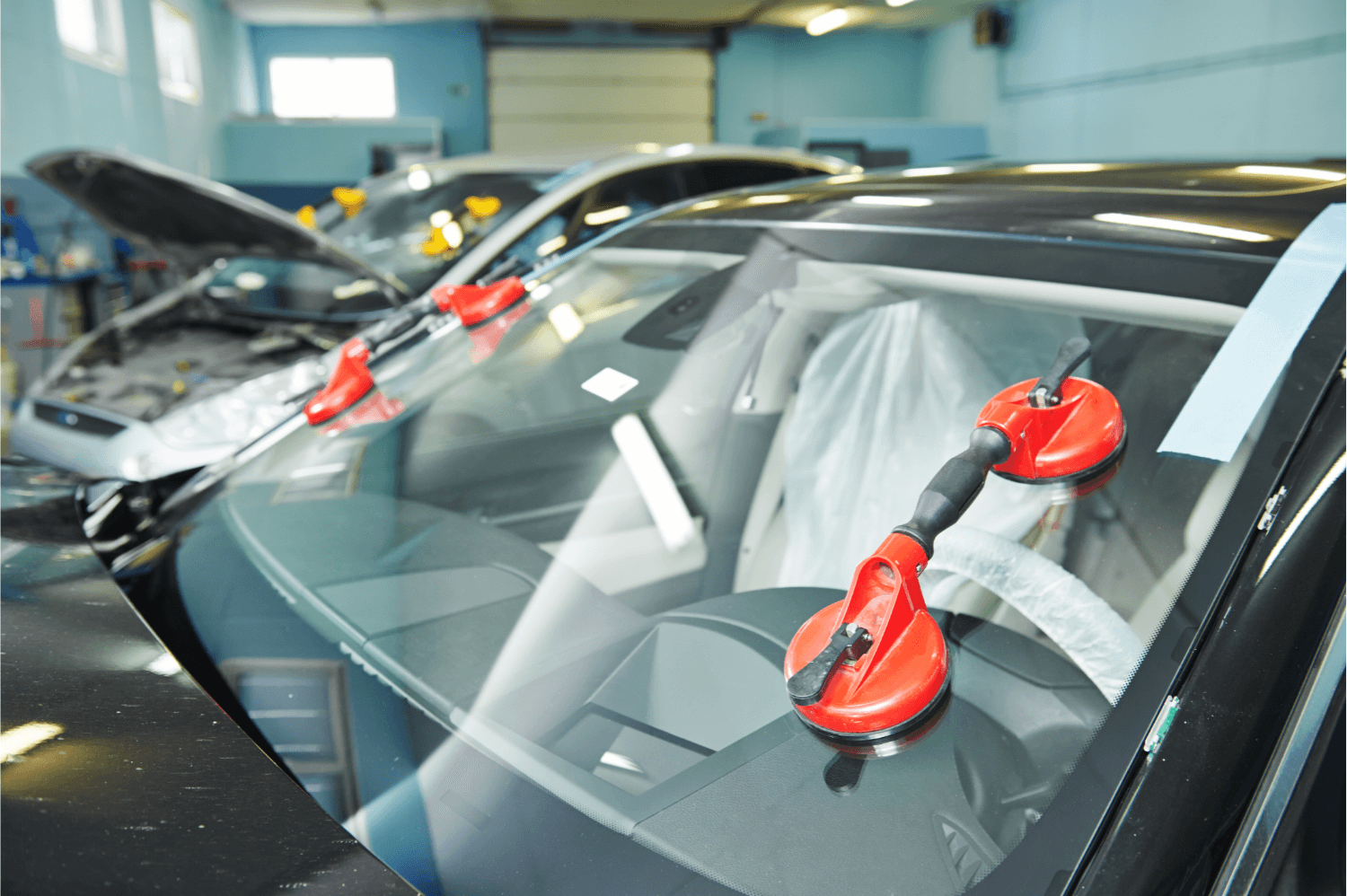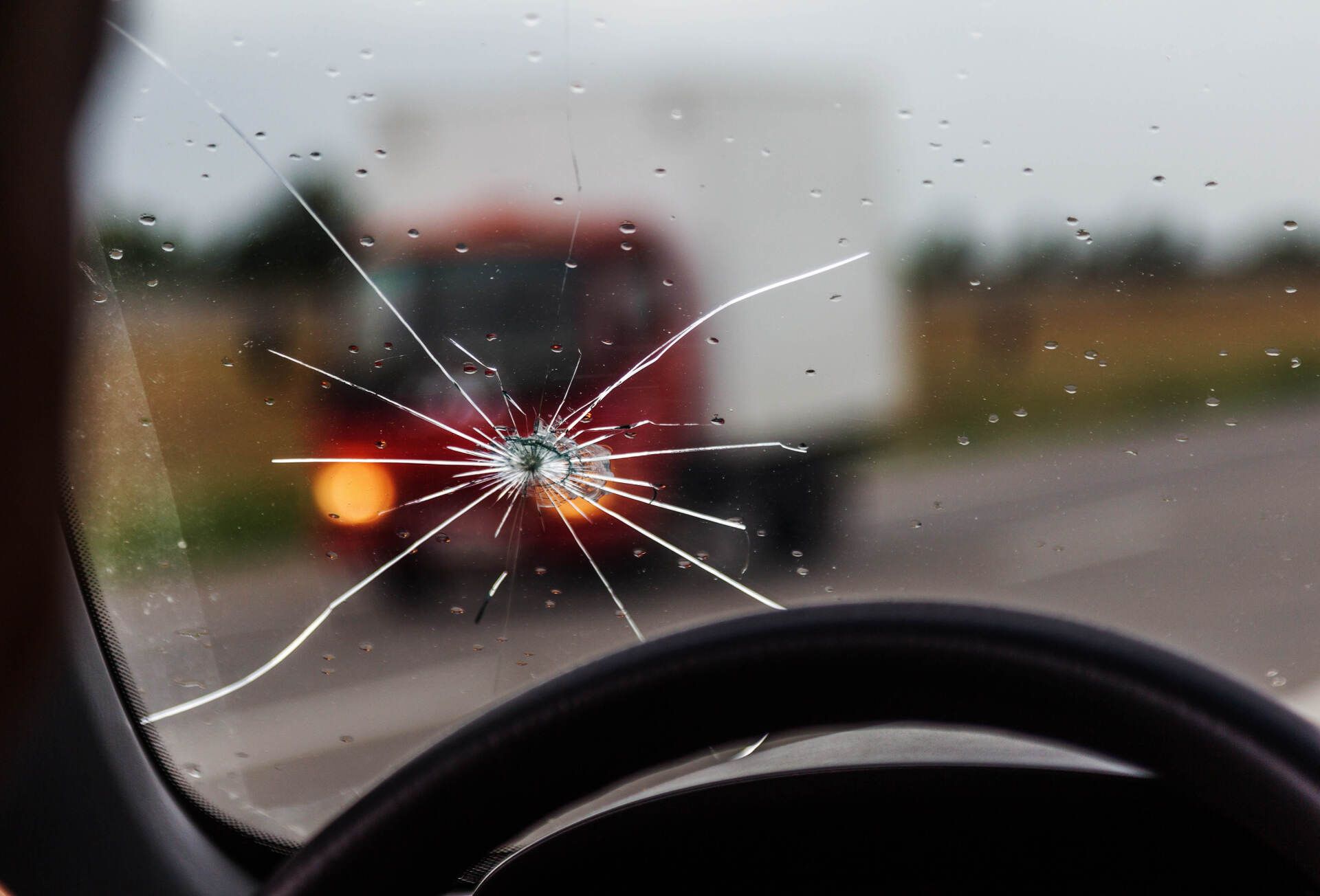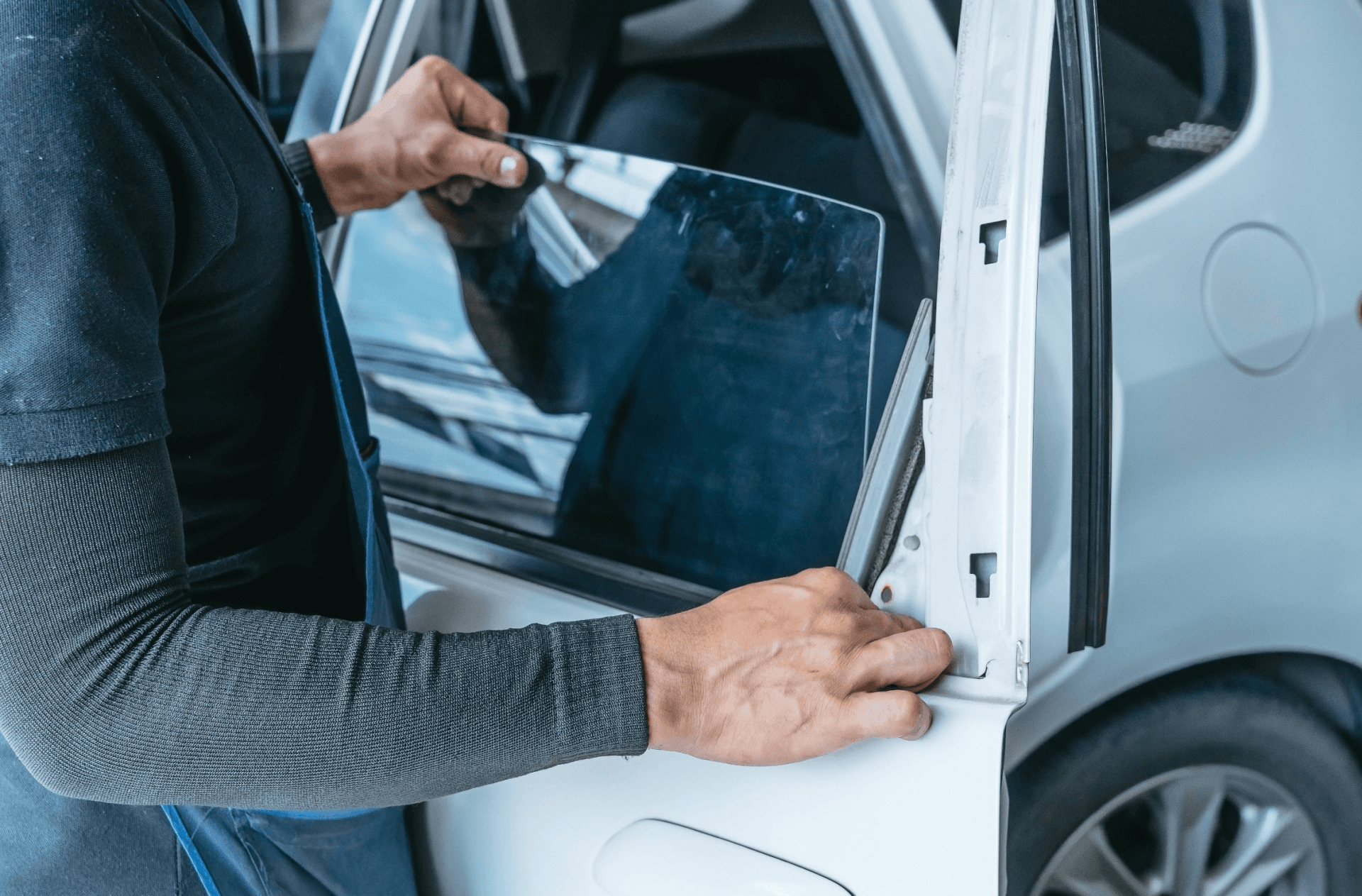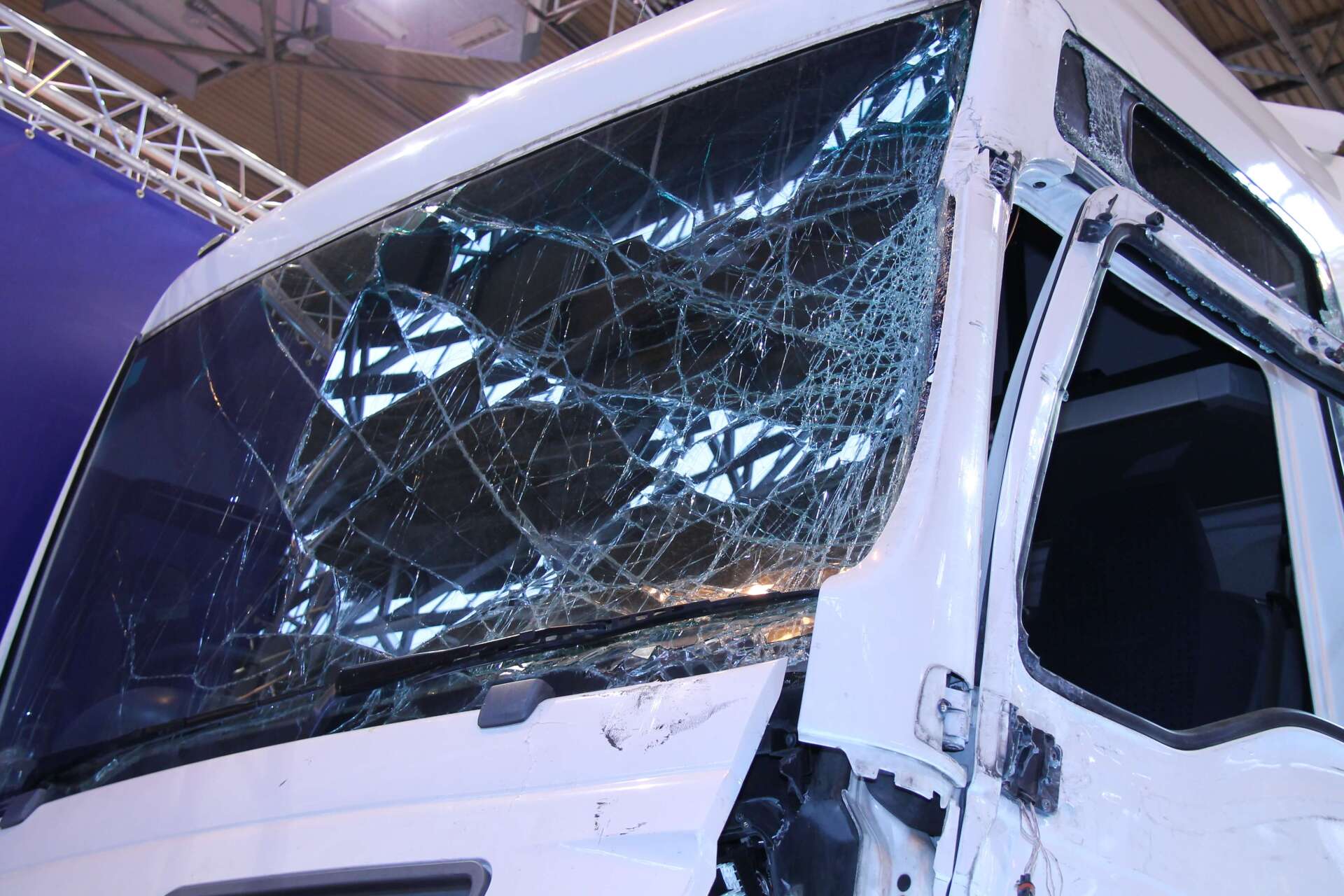Glass Recycling in Auto Manufacturing
Glass recycling in auto manufacturing is a crucial element in driving sustainable practices within the automotive industry. As car manufacturers and glass companies strive to reduce their environmental footprint, the recycling of auto glass has gained prominence as an effective way to conserve raw materials and decrease greenhouse gas emissions. By transforming end-of-life vehicle glass into valuable products, the industry not only minimizes waste but also aligns with the principles of a circular economy. This shift towards more responsible practices is paving the way for a more sustainable future in automotive manufacturing, benefiting both the environment and the global market.
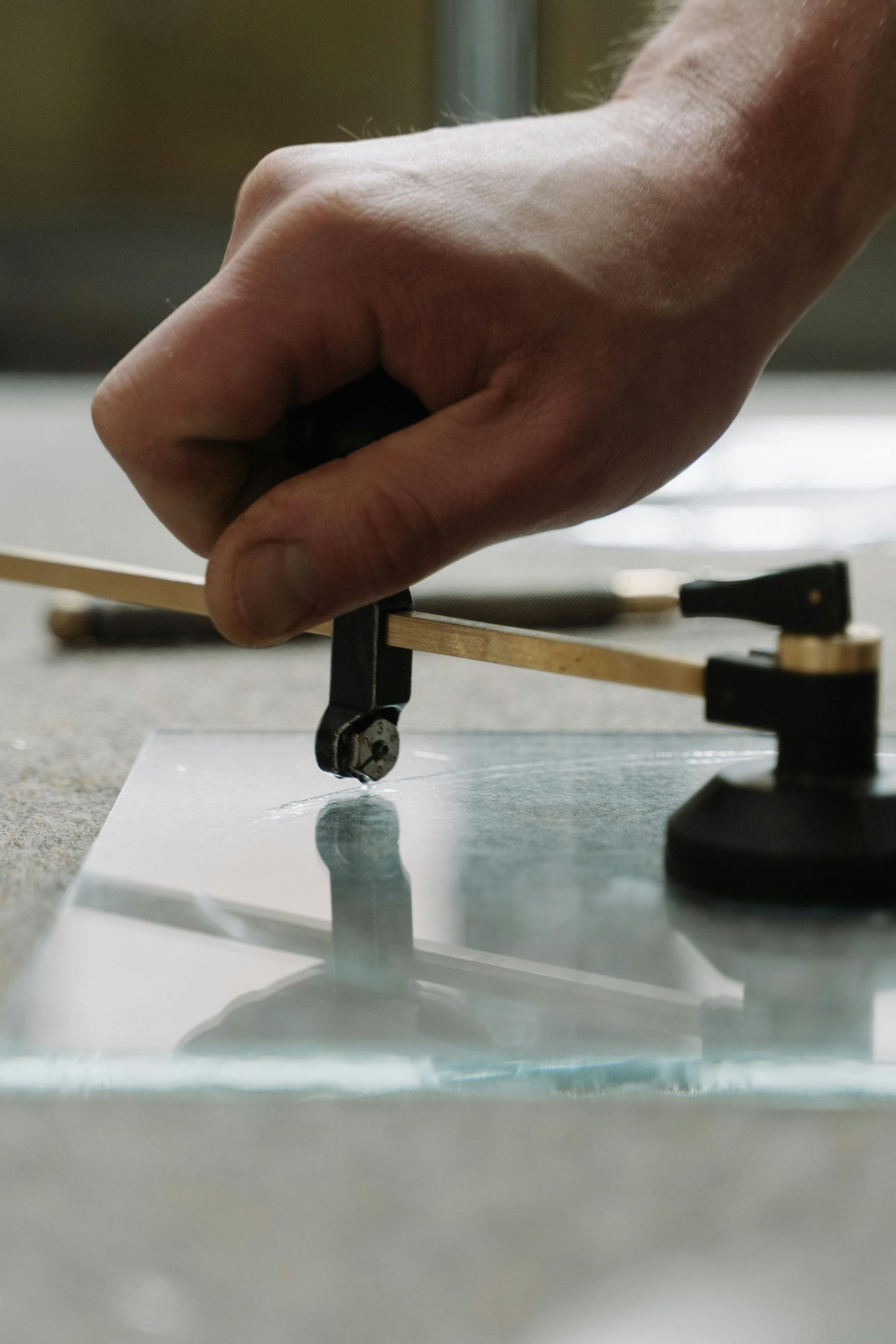
Techniques for Reusing Glass in the Automotive Sector
Most vehicle glass is built with great structural integrity, and utilizing recycled glass in its production not only enhances durability but also promotes sustainability in the automotive industry. The recycling process for automotive glass involves several sophisticated techniques to ensure that recycled materials are effectively repurposed for new applications. This process begins with the careful disassembly of end-of-life vehicles (ELVs), where automotive glass, such as side windows, rear windows, and laminated glass, is extracted. Laminated glass, which is commonly used in windshields, consists of multiple layers of glass bonded together with polyvinyl butyral (PVB) film. The challenge in recycling laminated glass lies in the separation of the PVB film from the glass itself.
To address this, recycling facilities utilize advanced technologies that carefully separate the PVB film from the glass without compromising the integrity of either material. The separated PVB film can then be repurposed for various industrial uses, while the glass is crushed into cullet—a form of recycled glass. This cullet undergoes further processing to remove non-glass elements such as adhesives, coatings, and other contaminants. The resulting high-purity recycled glass is then ready to be melted and formed into new automotive glass products, such as windshields, side windows, and rear windows.
These sophisticated recycling techniques ensure that the recycled glass meets the stringent standards required for automotive applications, maintaining the strength, clarity, and durability necessary for passenger safety and cabin comfort. Additionally, the use of recycled materials in the automotive industry contributes to a reduction in the demand for raw materials, which in turn lowers the environmental footprint and greenhouse gas emissions associated with glass production. By embracing these advanced recycling processes, the automotive industry is not only enhancing its energy efficiency but also supporting a more sustainable future through responsible practices and a commitment to reducing its overall environmental impact.
How Auto Manufacturers Use Recycled Glass
Auto manufacturers are increasingly incorporating recycled glass into the production of new vehicles, recognizing its environmental and economic benefits. This recycled glass is utilized in various essential parts of a car, including windshields, side windows, and rear windows. By integrating recycled materials into the manufacturing process, car manufacturers significantly reduce the need for virgin raw materials, which leads to a lower environmental footprint. Specifically, the use of recycled glass helps decrease energy consumption and reduces greenhouse gas emissions, as producing glass from recycled cullet requires less energy compared to creating it from raw materials.
The automotive industry’s shift towards using recycled glass also supports the principles of a circular economy, where materials are continuously reused, reducing waste and conserving natural resources. This approach not only aligns with the industry's sustainability goals but also offers substantial economic benefits, such as lower production costs and reduced dependency on raw material supplies. Additionally, the use of recycled glass in auto manufacturing enhances the overall efficiency of recycling facilities, as these facilities can process large volumes of end-of-life vehicles (ELVs) and turn automotive glass waste into valuable products.
Moreover, the integration of recycled glass into auto glass manufacturing has a positive impact on passenger safety and cabin comfort. The advanced recycling process ensures that the recycled glass meets the rigorous safety standards required for automotive applications. For instance, laminated glass, which is commonly used in windshields, retains its strength and durability even after recycling, providing excellent protection in the event of a collision. The recycled glass also contributes to cabin comfort by maintaining the clarity and thermal insulation properties of automotive glass products, which are crucial for energy efficiency and passenger well-being.
Incorporating recycled glass into auto manufacturing is not just about environmental benefits; it also reflects responsible practices that promote a more sustainable future. As glass companies and car manufacturers continue to innovate, the use of recycled materials is expected to increase, further enhancing the environmental and economic benefits of glass recycling in the automotive sector. This trend is a key driver in the industry’s move towards a more sustainable future, reducing its environmental footprint while maintaining the high standards of quality and safety that consumers expect in modern vehicles.
7 Key Benefits of Glass Recycling in the Auto Industry
The benefits of glass recycling in the auto industry are
multifaceted and far-reaching, impacting both economic and environmental aspects of automotive manufacturing. Here’s a more detailed breakdown of the benefits of glass recycling in the auto industry:
- Cost Reduction: Using recycled glass helps car manufacturers reduce the cost of raw materials. By incorporating recycled materials like cullet into the production of auto glass, manufacturers lower their dependence on virgin raw materials, which are often more expensive due to the extraction and processing involved.
- Increased Efficiency: The ongoing advancements in recycling facilities allow for more efficient processing of end-of-life vehicles (ELVs). This efficiency not only reduces costs but also ensures a steady supply of high-quality recycled glass for the automotive industry, making the production process more economically viable on an industrial scale.
- Reduced Environmental Impact: Glass recycling significantly reduces the environmental impact associated with mining and processing new raw materials. By using recycled glass, the automotive industry lessens the need for energy-intensive extraction processes, which in turn decreases greenhouse gas emissions and overall energy consumption.
- Lower Greenhouse Gas Emissions: The recycling process itself requires less energy compared to producing glass from raw materials. This reduction in energy use directly contributes to a decrease in greenhouse gas emissions, aligning with global efforts to combat climate change and reduce the automotive industry’s environmental footprint.
- Energy Efficiency: Manufacturing glass from recycled materials is more energy-efficient. This not only conserves natural resources but also contributes to the broader goal of making the automotive industry more sustainable and less reliant on finite resources.
- Lifecycle Extension: Glass recycling supports the circular economy by extending the lifecycle of materials within the automotive industry. End-of-life vehicles (ELVs) that would otherwise contribute to waste are instead transformed into valuable products. This process helps keep materials in use for as long as possible, reducing waste and promoting sustainability.
- Sustainable Practices: The automotive industry’s shift towards incorporating recycled glass reflects broader trends in sustainable practices. By embracing glass recycling, car manufacturers contribute to a more sustainable future, demonstrating a commitment to reducing their environmental footprint while maintaining the high standards of quality and safety expected in modern vehicles.
5 Eco-friendly Auto Glass Reclamation Methods
Eco-friendly methods for auto glass reclamation are essential for promoting sustainable practices in the automotive sector. These methods focus on the efficient separation and recycling of glass from end-of-life vehicles (ELVs), ensuring that valuable materials are reclaimed and reused effectively.
1. Advanced Separation Technologies:
Glass companies are increasingly adopting industrial-scale recycling processes that utilize advanced separation technologies to handle various types of auto glass, including laminated glass, which contains layers bonded with polyvinyl butyral (PVB) film. These technologies are designed to carefully separate the PVB film from the glass, allowing both materials to be processed and reused in different applications. This process is crucial for maintaining the quality of the recycled glass and ensuring that it meets the high standards required for automotive use.
2. Maximizing Recycled Glass Recovery:
Efficient recycling processes aim to maximize the recovery of high-quality recycled glass while minimizing waste. Techniques such as automated sorting and cleaning systems are employed to remove non-glass elements, including adhesives and coatings, from the glass collected from ELVs. By improving the purity and quality of the recycled glass, these methods ensure that it can be successfully used in the production of new auto glass products, such as windshields, side windows, and rear windows.
3. Emphasis on Energy Efficiency:
Eco-friendly reclamation methods place a strong emphasis on energy efficiency. The recycling process is designed to consume less energy compared to the production of glass from virgin raw materials. By using recycled glass (cullet) in the manufacturing process, energy consumption is reduced, which in turn lowers greenhouse gas emissions and decreases the overall environmental footprint of the recycling process.
4. Support for Sustainable Practices:
These responsible practices align with broader sustainability goals, supporting the transition to a circular economy within the automotive sector. By focusing on the recycling of auto glass, the industry reduces its reliance on raw materials, conserves natural resources, and contributes to a more sustainable future. The use of recycled materials not only helps in reducing waste but also enhances the industry's ability to meet sustainable practices and environmental regulations.
5. Enhanced Environmental Benefits:
By embracing these eco-friendly methods, the automotive industry can fully realize the environmental benefits of glass recycling. This includes reducing the need for new raw materials, lowering emissions, and promoting responsible practices in the production and disposal of automotive glass. As glass companies and car manufacturers continue to innovate and implement these techniques, the positive impact on the environment will become increasingly significant, moving the industry closer to achieving its sustainability targets.
Conclusion
Auto glass is beneficial on and off your vehicle. Glass recycling in auto manufacturing represents an important advancement in the pursuit of sustainability within the automotive industry. By incorporating recycled glass into the production of vehicles, car manufacturers not only reduce costs and conserve raw materials but also significantly lower their environmental footprint. The adoption of eco-friendly reclamation methods and advanced recycling technologies underscores the industry’s commitment to responsible practices and a circular economy. As the automotive sector continues to evolve, the integration of recycled glass will play an increasingly vital role in promoting a more sustainable future, benefiting both the environment and the global economy.
ABOUT FAIRFIELD AUTOGLASS
Fairfield AutoGlass is your premier choice for affordable windscreen replacement and repair services in Fairfield, catering to both cars and vans. We are committed to revolutionizing how you find and select auto glass specialists by providing a seamless connection to expert services. Our innovative online platform efficiently matches you with highly skilled, locally-based auto glass professionals, ensuring that you receive high-quality service promptly and at a competitive price.
At Fairfield AutoGlass, we pride ourselves on simplifying the search for specialized windscreen services. By leveraging our extensive network of qualified technicians, we make it easy for you to access top-notch auto glass solutions. Whether you need a replacement or repair, our dedicated team is here to assist. For inquiries or to schedule a service, please contact us at 0280 145 380. Discover the convenience and expertise of Fairfield AutoGlass, your trusted partner in windscreen care.
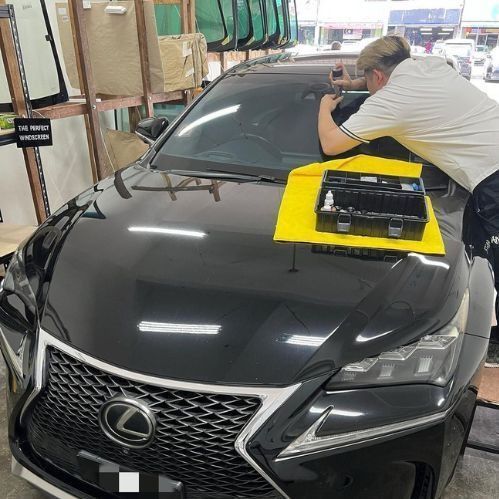
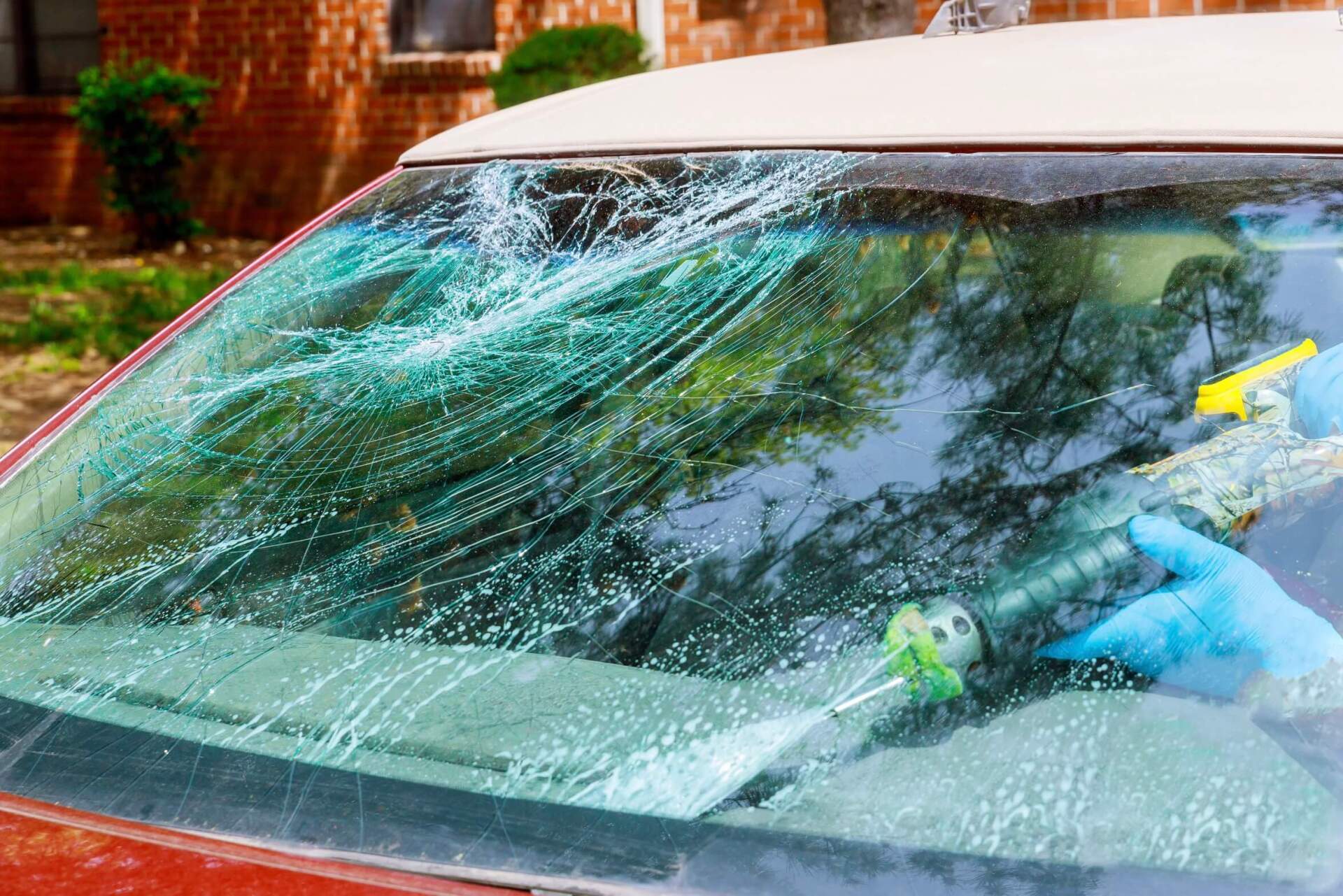
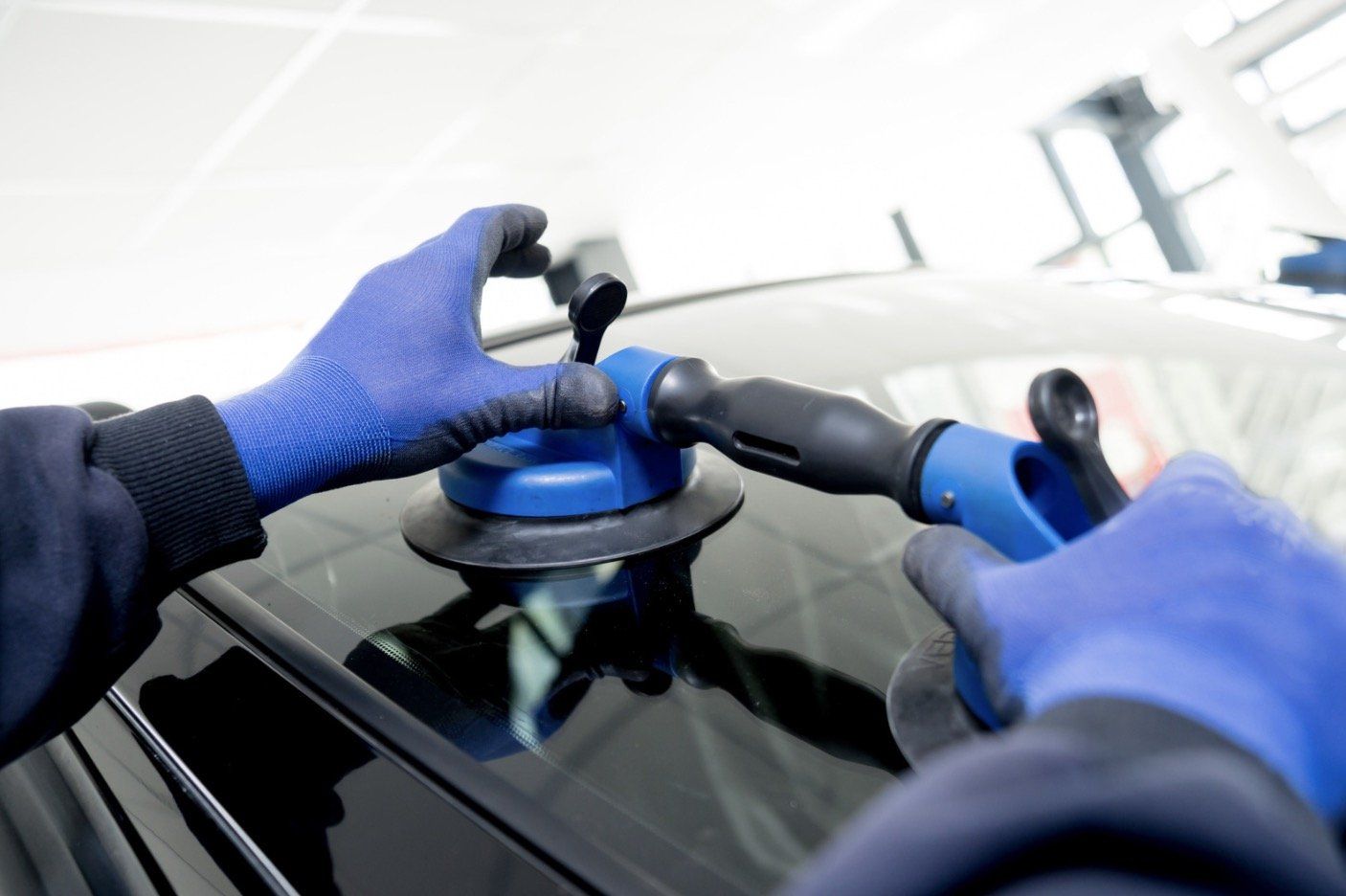
Give us a call today!
To have your perfect glass for your cars.
Our Service Areas
LIST OF SERVICES
CONTACT INFORMATION
0280 145 380
Fairfield, 18 Kenyon St, NSW, Australia
All Rights Reserved | Fairfield Auto Glass

